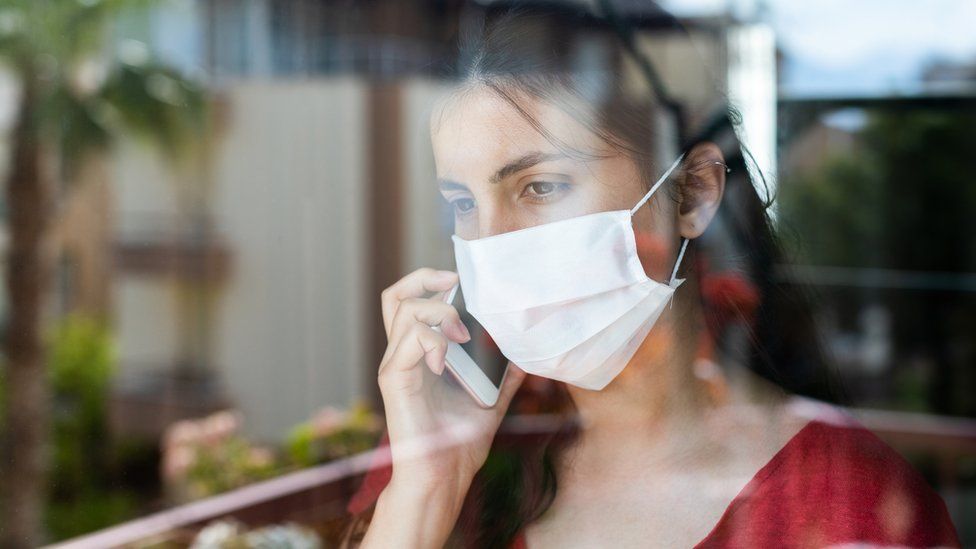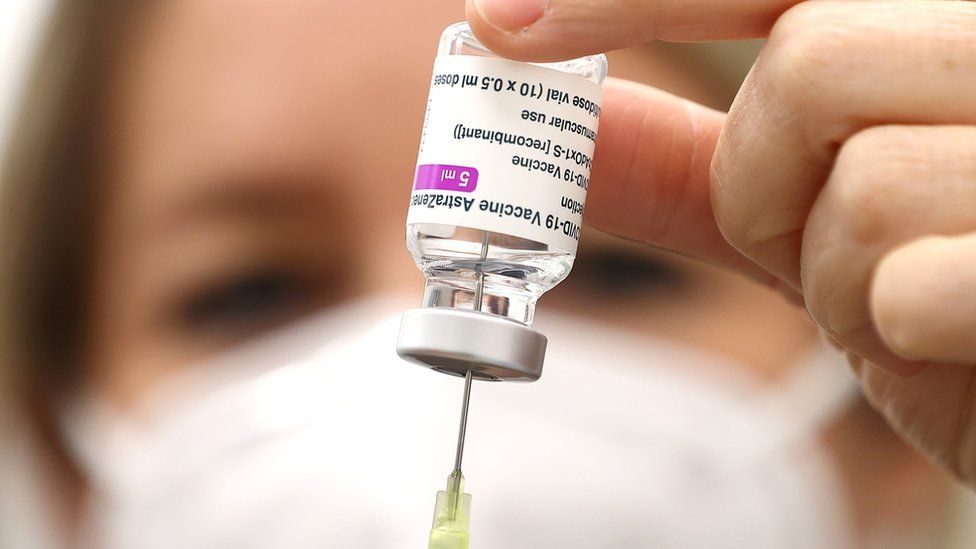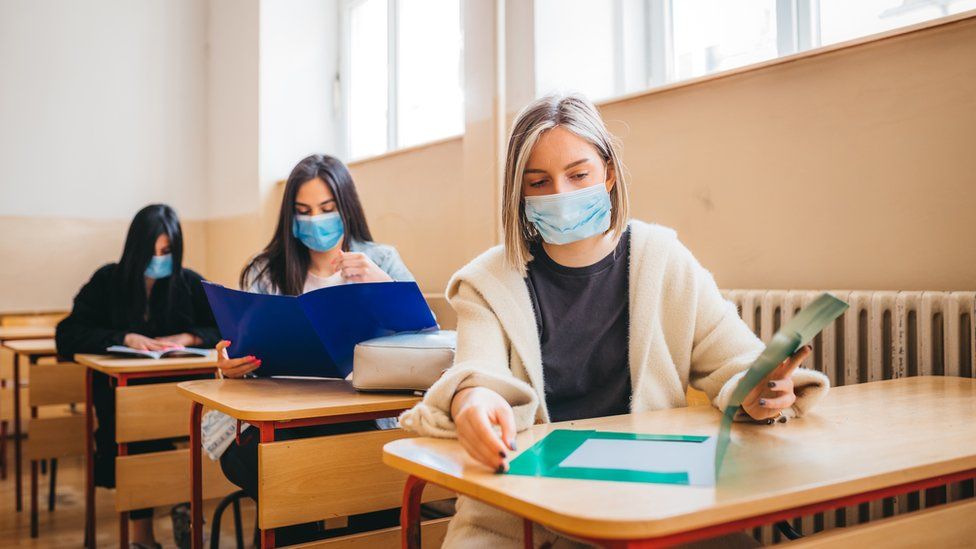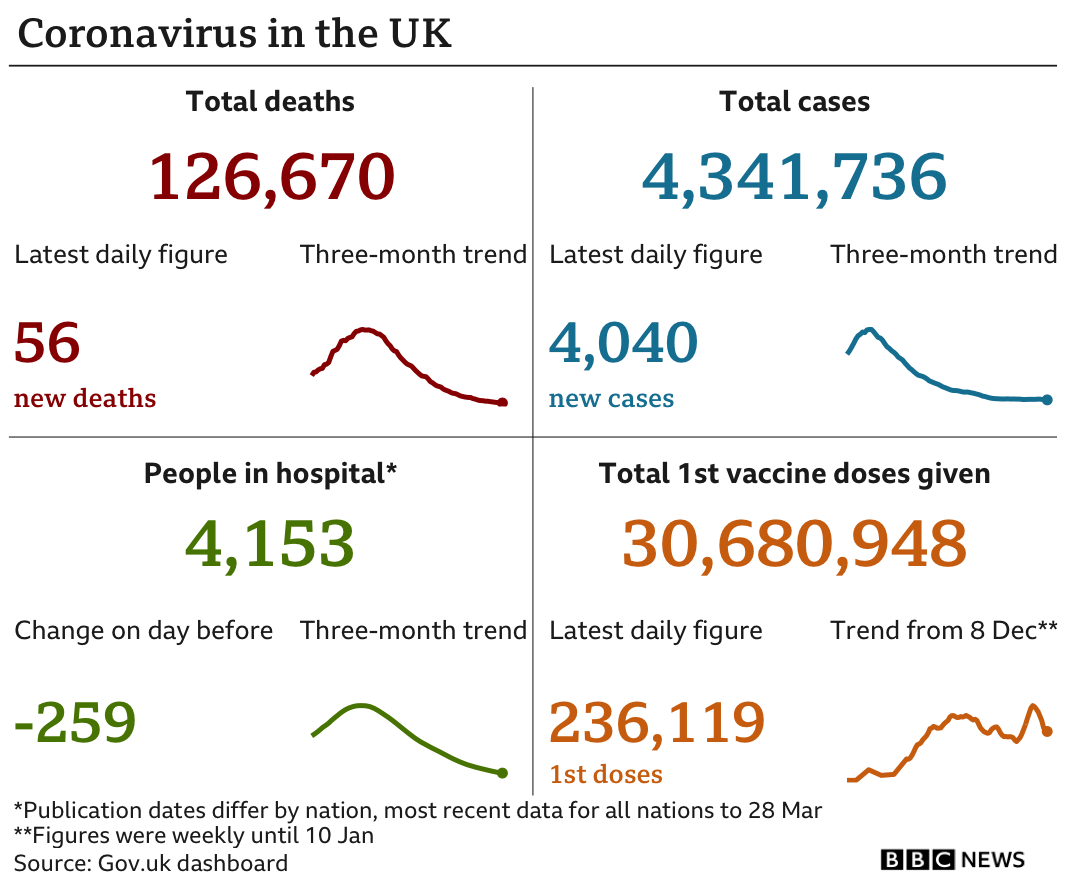Five things you need to know about the coronavirus pandemic this Wednesday morning.
Here are five things you need to know about the coronavirus pandemic this Wednesday morning. We’ll have another update for you this evening.
Today is the last day for about four million people who are considered clinically vulnerable to shield at home. They were advised to take extra care during the pandemic to avoid contracting Covid-19, because they are considered more at risk of needing hospital treatment. According to NHS Digital, there are 3.8 million shielded patients in England and 130,000 in Wales and they include people who have had stem cell transplants or are having chemotherapy treatment for cancer, and adults with chronic kidney disease. Cases and hospital admissions are falling but the change, from tomorrow, still urges caution. People will no longer need to shield at home but they are still being advised to keep social contacts at low levels, work from home where possible and stay at a distance from other people.

image copyrightGetty Images

Germany is suspending routine use of the Oxford-AstraZeneca Covid-19 vaccine for people aged below 60 because of a risk of rare blood clots. The German medicines regulator found 31 cases of a type of rare blood clot among the nearly 2.7 million people who had received the vaccine in Germany. Canada earlier suspended use of the AstraZeneca jab in people under 55. AstraZeneca says international regulators had found the benefits of its jab outweighed risks significantly.

image copyrightReuters

How this year’s A level and GCSE grades are decided in Wales is putting too much pressure on pupils and schools, it has been claimed. Head teachers and unions fear students may be overburdened with classroom tests, as schools seek to justify teacher-determined grades. The Welsh government scrapped all exams last year because of the pandemic. Exam board WJEC and Qualifications Wales said there was flexibility in choosing evidence for grades. But teaching union UCAC said it is “extremely concerned” and has written to the education minister and Children’s Commissioner.

image copyrightGetty Images

The coronavirus pandemic has had an impact on everyone’s mental wellbeing but those on the front line of dealing with it have suffered more than most. Laura Foster talks to three doctors in the NHS for their tips on how you can help support health and care workers with their mental health.

Stephen Wright collects and recycles colourful items from his travels around the world. He’s created a grotto of plastic, glass, broken ceramics and toy dolls in his London home, which he calls the House of Dreams. Everything means something. During lockdown, he’s been expanding on his work from the past 23 years and documenting his experience of the pandemic. He says the project will never be finished, but will be left to the National Trust when he dies. Why don’t you take a look inside?

Find more information, advice and guides on our coronavirus page. We’ve answered some more of the questions you’ve been asking like what are the rules on dating now?



What questions do you have about coronavirus?
In some cases, your question will be published, displaying your name, age and location as you provide it, unless you state otherwise. Your contact details will never be published. Please ensure you have read our terms & conditions and privacy policy.
Use this form to ask your question:
If you are reading this page and can’t see the form you will need to visit the mobile version of the BBC website to submit your question or send them via email to YourQuestions@bbc.co.uk. Please include your name, age and location with any question you send in.

